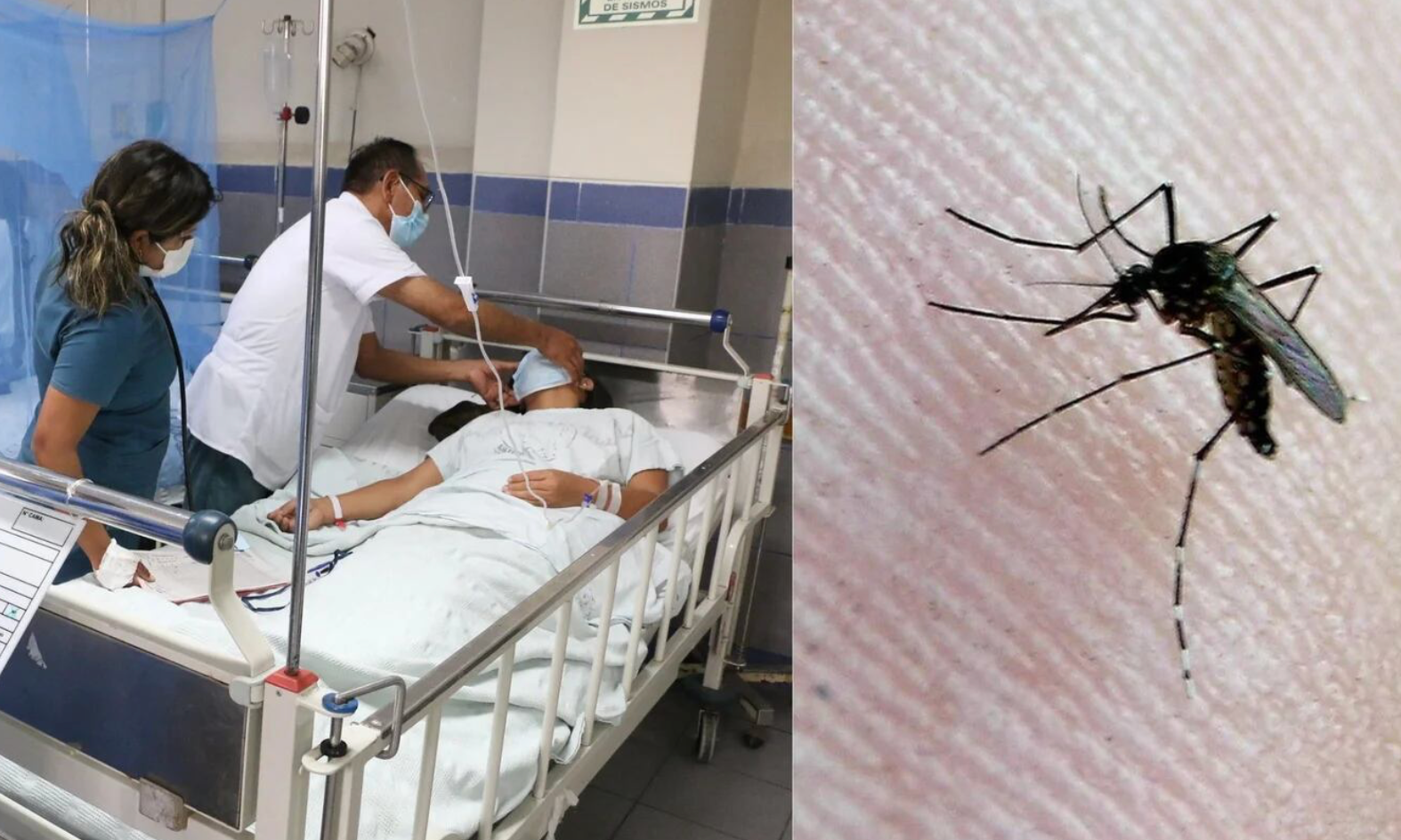Residents of Pedregal Grande, a disadvantaged neighborhood in Piura, Peru, face severe water shortages, receiving only 30 minutes of water per day. They must store water in plastic tanks, inadvertently creating breeding grounds for mosquitoes. Dengue, spread by mosquitoes, has become rampant due to the hot climate and inadequate water storage practices.
Segundo Ramos, a local resident, contracted dengue, highlighting the dire situation. Piura, with over 5,000 dengue cases, is among the worst-hit cities in Peru. The country has reported over 34,000 cases in the first eight weeks of the year, double the number from the previous year. The Peruvian government declared a health emergency due to the escalating crisis exacerbated by El Niño-induced high temperatures.
Piura authorities are establishing special hospital areas to accommodate dengue patients. Santiago Valdez, a tropical diseases specialist, attributes the disease’s spread to water shortages and improper water storage, facilitating mosquito breeding. Despite most cases being mild, dengue can cause severe symptoms such as headaches and fevers.
The 2023 dengue epidemic in Peru was linked to rainfall and high temperatures, particularly in the north. Health Minister César Vásquez acknowledges the situation is not under control and anticipates further increases in cases, highlighting the urgent need for intervention and improved public health measures.








0 Comments